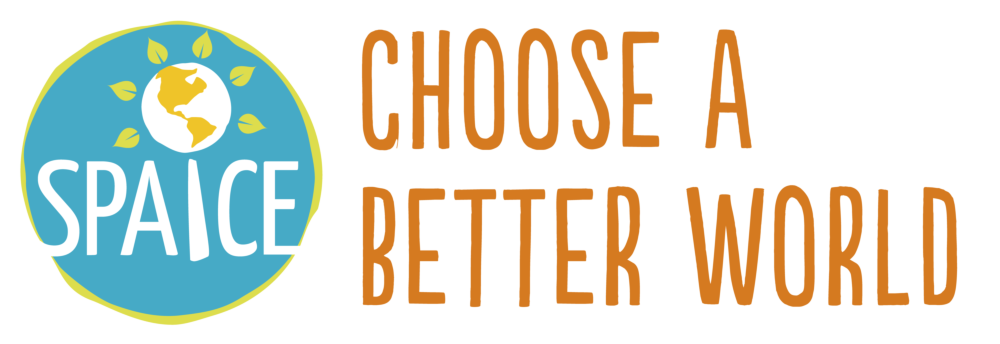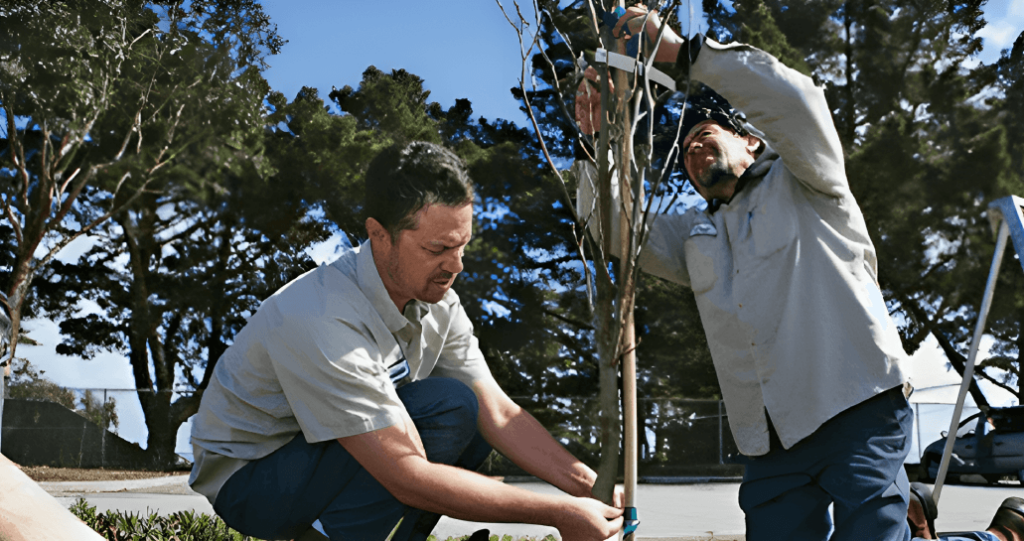This is a demo store. No orders will be fulfilled.
Human Resources: People to Exploit or Citizens to Respect?
Human Resources: People to Exploit or Citizens to Respect?
The reality is rather different.
Since the 13th Century, and the Magna Carta attempting to limit the King's power, there has been a, painfully, slow movement towards equality; closing the gap between the privileged and unaccountable elite and the rest of us. Many of the most significant changes have only been in the last century. It was only in December 1948 that the United Nations (UN) adopted the Universal Declaration of Human Rights so these great strides in equality should be fresh and foremost in our thoughts. Yet we still struggle with gender inequality, with elements of our own government and civil services searching for ways to reverse these hard-won rights.
Women's Rights March 14th May 1977
Article 1.
All human beings are born free and equal in dignity and rights. They are endowed with reason and conscience and should act towards one another in a spirit of brotherhood.
Article 23.
(1) Everyone has the right to work, to free choice of employment, to just and favourable conditions of work and to protection against unemployment. (2) Everyone, without any discrimination, has the right to equal pay for equal work. (3) Everyone who works has the right to just and favourable remuneration ensuring for himself and his family an existence worthy of human dignity, and supplemented, if necessary, by other means of social protection. (4) Everyone has the right to form and to join trade unions for the protection of his interests.
Article 24.
Everyone has the right to rest and leisure, including reasonable limitation of working hours and periodic holidays with pay.
It's hard to argue against these simple and obvious statements yet even here in the UK we have some way to go as some of our biggest organizations go against the spirit of this. Almost from the moment the UN agreed that we should "act towards one another in a spirit of brotherhood", we've worked hard to do just the opposite; using clever marketing psychology to create false insecurities and desires that reduce us from equal citizens to mere consumers that exist only to bolster profits for a privileged minority . Instead of being treated fairly as a matter of course we had to have laws to force employers to do so, but now the government elected to serve us wants to, and is, stripping those protections away. If we can't treat the people around us with respect and compassion then we have no hope of protecting or improving the lives of those countless people who toil to make our gadgets and stuff. This has to start with our businesses – treating employees and customers as citizens instead of tools to exploit as a way to make more money.The way you see people is the way you treat them and the way you treat them is what they become. - Johann Wolfgang von GoetheWe want all our employees, partners, and supporters to feel like citizens, not 'consumers' because then we can really start changing things for the better. We hope you'll follow our blog by subscribing to our RSS feed and join in by letting us have your thoughts below. And don't forget to share this post and follow us on Facebook and Twitter (@SocialSpaice)! Speak to you soon, Vipul

